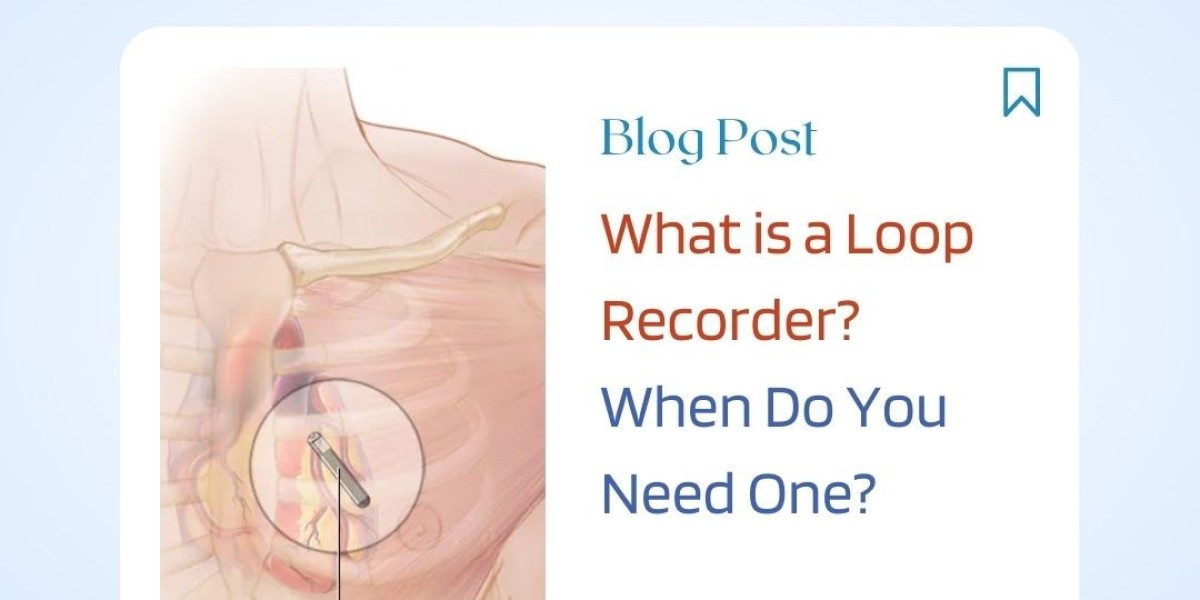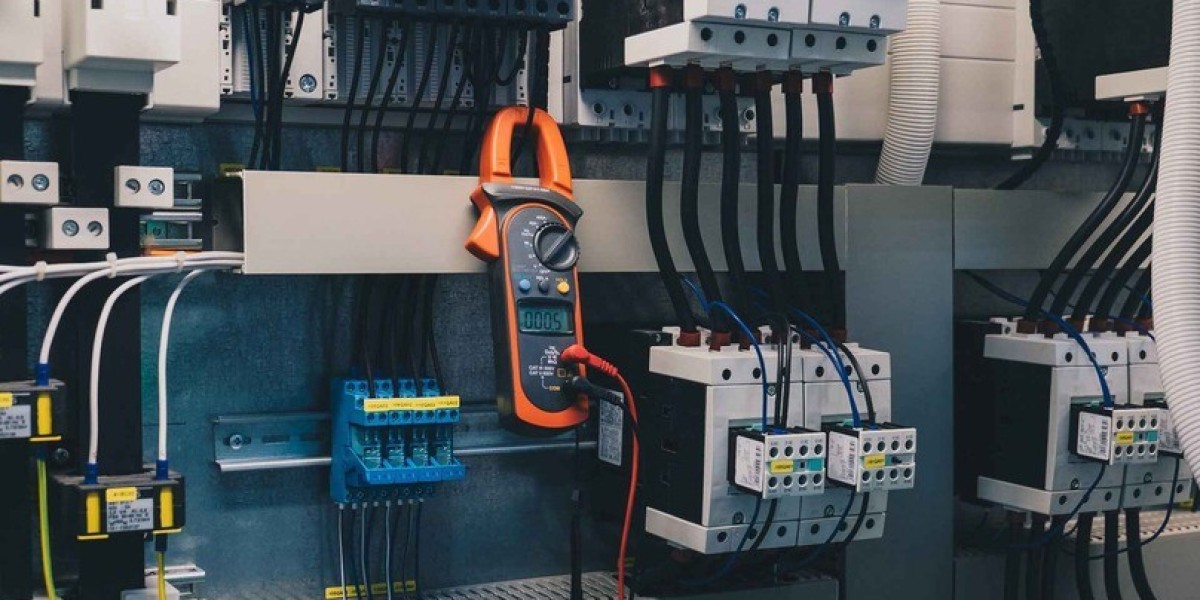Your heart suddenly starts racing, skipping beats, or fluttering for no apparent reason. These sporadic heart rhythm disturbances come and go without warning. Your doctor suspects an underlying arrhythmia, but traditional tests have all come back to normal. What now?
You may need a cardiac cryptographer – better known as an implantable loop recorder. This miniature heart monitor provides the long-term surveillance required to decipher infrequent cardiac misfires. Like an aircraft black box for the heart, the recorder constantly records cardiac events, letting physicians analyze the data to unlock diagnostic clues.
So if you’re experiencing unexplained fainting, palpitations, or dizziness, a loop recorder could be the key to decoding your heart’s abnormal rhythms. Let’s unravel the mystery of this vital diagnostic device.
What Is a Loop Recorder? When Do You Need One?
A loop recorder is a small device that continuously monitors a person’s heart rhythm to detect any abnormalities. It is also sometimes called an implantable cardiac monitor or a cardiac event monitor.
How Does a Loop Recorder Work?
A loop recorder is about the size of a USB stick and is implanted under the skin of the chest during a minor surgical procedure. It has one or two leads that are threaded through a vein into the heart to monitor the heart’s electrical activity.
The device continually records the heart rhythm and saves any abnormal rhythms in its memory. It can record for up to 3 years before the battery needs to be replaced.
The data from the loop recorder is periodically transmitted to an external device that the patient holds above the implant. This allows the doctor to check the recordings from the loop recorder without needing to remove it.
When Might You Need a Loop Recorder?
A loop recorder might be recommended if you have symptoms like dizziness, fainting, or palpitations that do not happen very often. For example:
- If you occasionally faint but tests like an ECG or Holter monitor fail to catch the abnormal heart rhythm causing the fainting. A loop recorder increases the chances of recording an infrequent abnormal heart rhythm.
- If you have unexplained strokes or syncope (fainting). A loop recorder can help determine if you have an intermittent abnormal heart rhythm like atrial fibrillation.
- If you have symptoms that suggest an arrhythmia, but initial monitoring has not captured it.
- If you have palpitations and your doctor needs to document how often and for how long they occur.
The main advantage of a loop recorder over other heart monitors is its ability to monitor the heart continuously for a prolonged period.
For more information on remote cardiac monitoring devices, feel free to contact Octagos Health at (281) 769-8733. You can also drop by and visit us in person at 13325 Hargrave Rd Suite 281, Houston, TX 77070. We are located on the first floor of the Hargrave Plaza.








